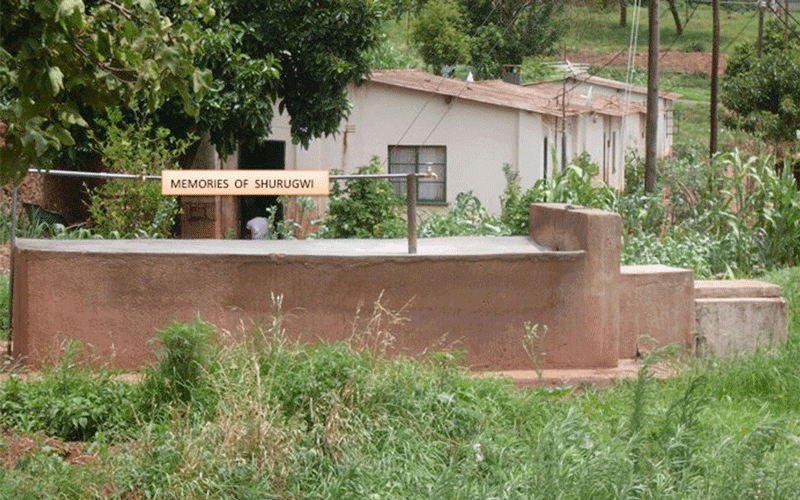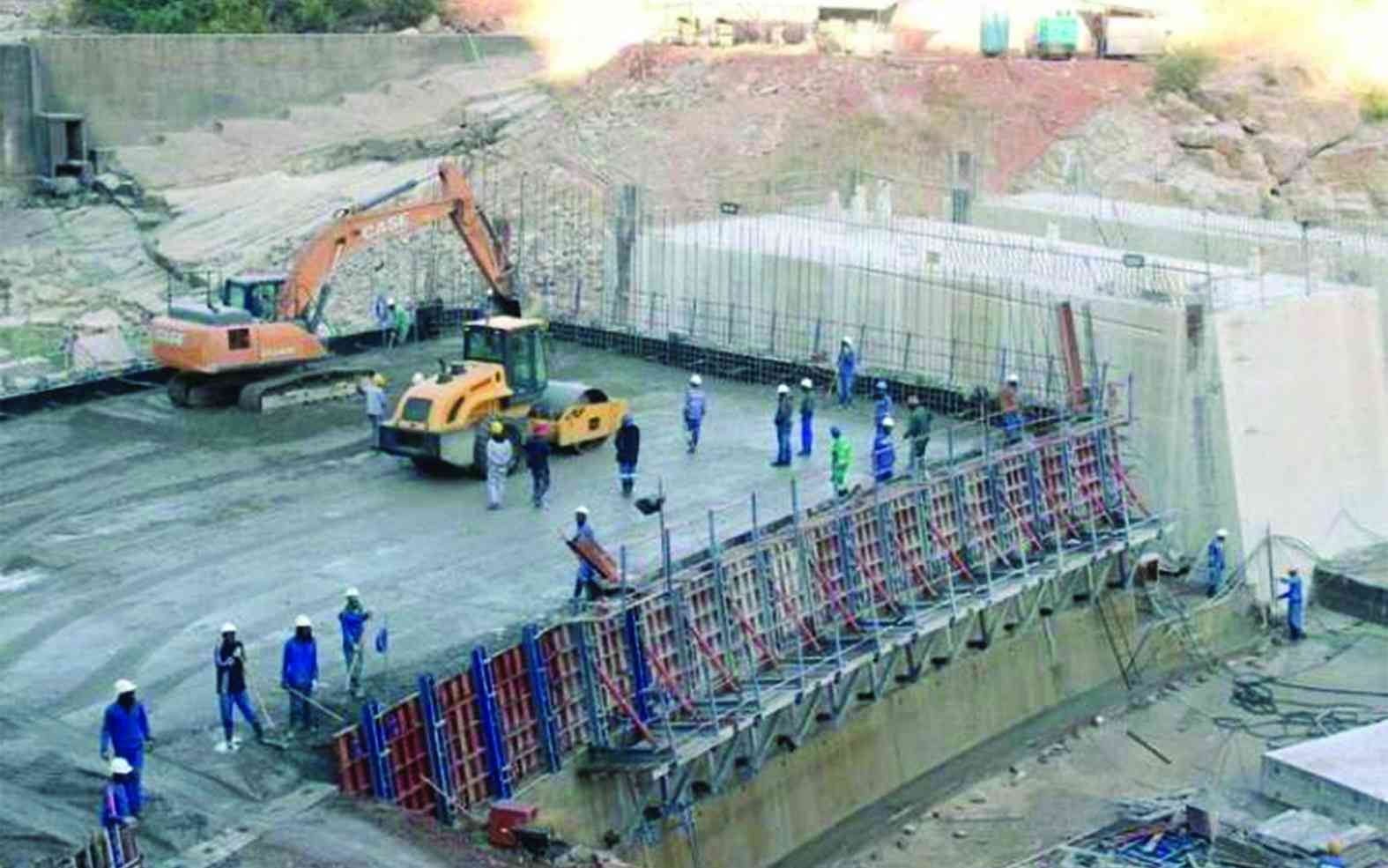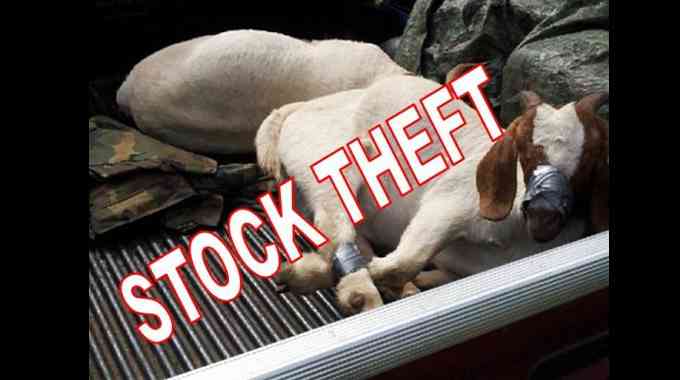
The picturesque town of Shurugwi located along the Great Dyke is home to rich mineral deposits including the precious yellow metal, gold.
Over the years many driven by decades of economic downturn and dreams of quick riches have flocked to this mountainous town to seek for gold, turning the once magnificent tourist attraction into a hotspot for illegal gold miners-commonly referred to as amakorokoza.
The reckless and unsustainable mining activities have, however, left a trail of destruction that has torn apart the town's infrastructure.
In recent years Shurugwi Town Council has embarked on urban renewal through the local authority's own initiatives as well as engaging qualified land developers to service residential stands across the town.
But Shurugwi town secretary, Archibald Ncube, said the projects including construction of water and sewer systems, tarred roads and drainage infrastructure are under threat from illegal mining activities.
“We have engaged the ministry of mines and mining development as well as the Zimbabwe National Geospatial and Space Agency to assess the extent of damage incurred in some areas,” Ncube said during a recent tour of the housing projects.
“In extreme cases we have resorted to litigation by issuing summons to the offenders.
“But generally the damage caused by these mining activities is costly to the local authority.”
- News in depth: Chinese scramble for Zim’s chrome leaves communal lands scarred
- Pushback over Chinese lithium push
- News in depth: Chinese scramble for Zim’s chrome leaves communal lands scarred
- Pushback over Chinese lithium push
Keep Reading
Council housing and community services officer, Fortune Marevesa, said illegal gold mining was wreaking havoc on the local authority's housing infrastructure.
Marevesa said miners were digging under serviced land, damaging roads and destabilising the ground meant for housing projects.
“As you can see these are some of the pits mined out by illegal miners and they have created trenches stretching across tarred roads, posing safety risks,” he said.
“These illegal activities put both the council’s development plans and safety at risk.
“We have, however continued to engage relevant stakeholders to address this challenge.”
Ncube, however, said despite the setbacks posed by illegal mining activities, the council has continued with its plans to attain smart city status by 2030.
“The urban renewal agenda calls for local authorities to provide modernised housing and infrastructure hence we have partnered with various developers,” Ncube said.
“The Mining Industry Pension Fund (MIPF) has injected US$2,8 million into a housing project.
“Over 600 residential stands of various sizes have been surveyed, including surfaced access roads, storm water drainage systems and water and sewer reticulation systems.”
He said other developers engaged include platinum miner Unki Mines that has a housing project to provide accommodation for its employees, Sheasham Investments and CGM Construction for low cost housing facilities and Masimba Holdings for low density residential stands.
Despite these efforts, Shurugwi like other towns and cities in the country continue to face structural damage to roads and buildings as a result of illegal mining activities.
In Bulawayo, areas such as Killarney and Queenspark have had pits and underground tunnels left by miners making land unstable while in Kwekwe illegal mining has led to houses and schools sinking into the ground as tunnels collapse beneath them.
Such irresponsible and unsustainable mining has caused long term safety and environmental concerns with wide calls for the government to take tough action against illegal mining activities.









